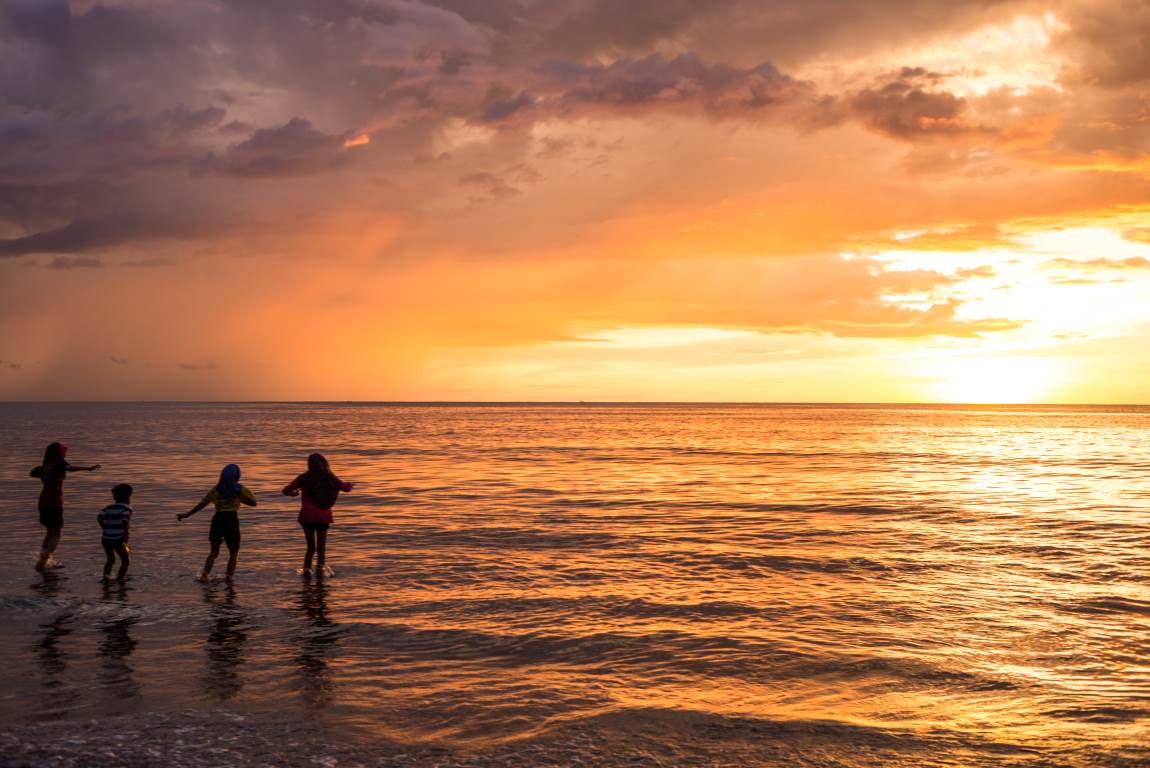Research led by Dr. Pamela Buchan from the University of Exeter reveals that people’s deep connection to the ocean, referred to as “marine identity,” can play a vital role in restoring society’s relationship with the seas.
The study, published in the journal People and Nature, brought together marine researchers and practitioners from multiple countries, including Diz Glithero from the Canadian Ocean Literacy Coalition and Dr. Emma McKinley of Cardiff University, to discuss the concept of marine identity. Participants from Europe, Africa, Indonesia, North America, and Australasia explored shared traditions, customs, and dependency on the ocean for recreation, livelihoods, health, and sustenance.
While the researchers uncovered these common themes, they also found varying perceptions of the ocean, especially among communities threatened by extreme weather and rising sea levels.
The group developed a shared definition of marine identity: “An identity rooted in how the ocean as a place supports the sense of self.” This is the first time a cross-cultural and international consensus on this topic has been reached.
Dr. Buchan explained that Challenge 10 of the United Nations Decade of Ocean Science for Sustainable Development (2021-2030) emphasizes the need to restore society’s relationship with the ocean.
She added: “We know identity drives people more than values – and people react to threats to their sense of self. As a result, marine identity could have a powerful impact on protecting and restoring the ocean.”
By highlighting the term “marine identity,” the research team aims to promote marine citizenship—encouraging people to participate in marine decision-making and take responsibility for the ocean’s health.
Dr. Buchan noted that many people feel connected to the sea but do not necessarily think of it in terms of identity. “In the UK, for example, as an island nation, many people have a strong marine identity – but often the sea is seen as something remote, to visit then retreat from.”
The research, endorsed by the UN Decade of Ocean Science for Sustainable Development and the EU Mission Ocean & Waters, offers a fresh approach to ocean conservation efforts. By fostering marine identity and creating more opportunities for individuals to connect with the ocean, the team hopes to empower people to protect marine ecosystems and influence policy.
Journal Reference:
P. M. Buchan, L. D. Glithero, E. McKinley, M. Strand, G. Champion, S. Kochalski, K. Velentza, R. A. Praptiwi, J. Jung, M. C. Márquez, M. V. Marra, L. M. Abels, A. L. Neilson, J. Spavieri, K. E. Whittey, M. M. Samuel, R. Hale, A. Čermák, D. Whyte, L. West, M. Stithou, T. J. Hegland, E. S. Morris-Webb, V. Flander-Putrle, P. Schiefer, S. Sutton, C. Onwubiko, O. Adeoye, A. Akpan, D. L. Payne, ‘A transdisciplinary co-conceptualisation of marine identity’, People and Nature (2024). DOI: 10.1002/pan3.10715
Article Source:
Press Release/Material by University of Exeter
Featured image credit: victor217 | Freepik




